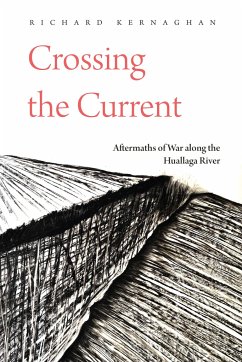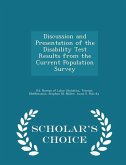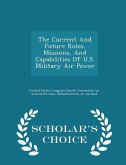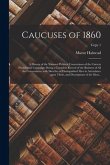"In contemporary accounts of the Shining Path insurgency and Peru's internal war, the Upper Huallaga Valley has largely been overlooked. Yet, its former place as the country's main cocaine-producing region meant that it was a central if more covert and evasive location where the conflict unfolded. From afar, the region became a political and legal no man's land. Up close, vibrant networks of connection endured despite strict controls on human habitation and movement. This book asks what happens to such a place once prolonged conflict has ostensibly passed. How have ordinary experiences of land, territory, and law, and of the river that runs through them all, been altered in the aftermaths of war? Gathering stories and images to capture the experiences of transportation workers who have ferried passengers and things across and along the river for decades, Richard Kernaghan advances the notion of legal topographies to understand how landscape interventions shape routes, cut across territories, and muddle temporalities. Drawing on personal narratives and everyday practices of transit, this ethnography conveys how prior times of violence have silently accrued: in bridges and roads demolished, then rebuilt; in makeshift moorings that facilitate both licit and illegal trades; and above all though the river, a liquid barrier and current with unstable banks, whose intricate mesh of tributaries partitions terrains now laden with material traces and political effects of a recent yet far from finished past"--
Hinweis: Dieser Artikel kann nur an eine deutsche Lieferadresse ausgeliefert werden.
Hinweis: Dieser Artikel kann nur an eine deutsche Lieferadresse ausgeliefert werden.








